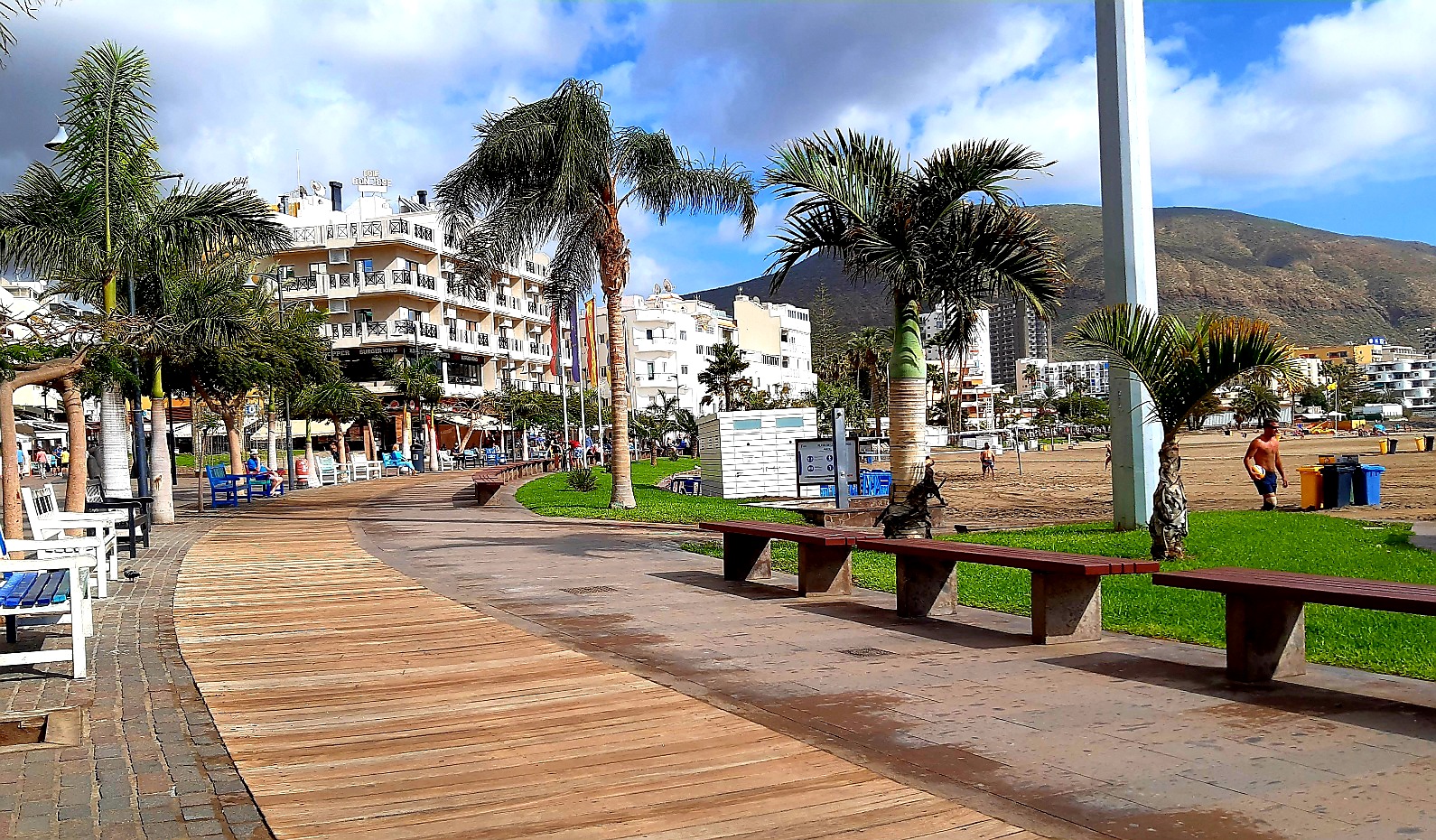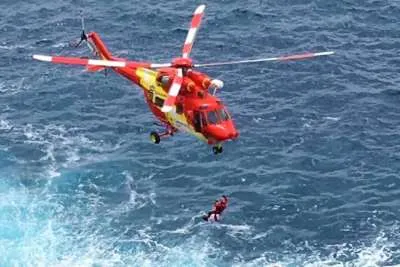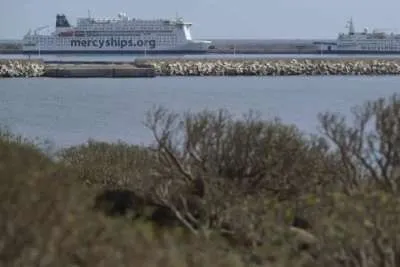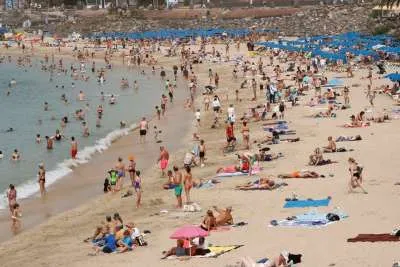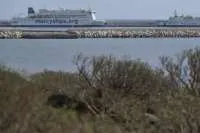Ministry of Tourism fears a third wave of Covid after losing 10 million visitors in 2020
- 03-01-2021
- National
- Canarian Weekly
The Canary Islands have closed 2020 with less than five million tourists, compared to the 15.1 million who came to the Islands in 2019, which are figures not even considered in the Archipelago since the 1980s. Neither the fight for antigen testing, nor the efforts to sell itself as a "safe destination" have made it possible for the sector to win the battle against the virus.
“In just a few months, the problems have been caused by the contagion figures of the Canary Islands and then in the evolution of the pandemic in the main source markets," recalled the Regional Minister of Tourism, Yaiza Castilla. The state of alarm and confinement declared in March triggered a ‘zero tourism’ that no one could foresee.
Hotels, beaches and closed bars left the south of the Islands deserted, in the following months of the year, hope coexisted with uncertainty. "The first semester of 2021 will be similar to this year, full of uncertainties until there is 70% of the European population vaccinated," says José María Mañaricúa, president of the Federation of Hospitality and Tourism Entrepreneurs of Las Palmas (FEHT).
The year ends with a 69% drop in tourism compared to 2019 and drop of 23% in the Canaries GDP. The forecast of the Ministry of Tourism, with current data, is to reach eight million tourists in 2021, but it also agrees that the estimates may vary according to the rate of vaccination. In summer, the Canary Islands hope to reach an optimal immunity figure. “We are facing a health crisis that results in a very changing and volatile situation, with great negative effects on our main source markets, such as the British and German. The control of their situation is not in our hands, although we do everything in our power to encourage travel,” Castilla said.
FEAR OF A THIRD WAVE:
The beginning of summer was encouraging for the Canary Islands due to its low incidence rates of the virus at that time. However, the increase in positive cases of coronavirus in Gran Canaria and the rapid recommendation of Germany and England to declare the region as a risk zone put an end to that.
Later came the debate about antigen tests, which are faster and cheaper, claimed the sector. The Canary Islands Government approved a decree that allowed travel to the Islands with this test, but doubts when a state regulation came into force that urged passengers to arrive with a PCR test result, ended up paralyzing it.
Although the Canary Islands do not consider the months that still remain of the winter season to be lost (its season with the highest number of visitors each year), the Ministry admits that there will not be major changes in the demand for travel until April, when a greater reactivation is expected as long as there are no new unforeseen events.
The situation is constantly changing and prevents proper planning, both by operators and by Canarian tourism entrepreneurs, who fear the arrival of a third wave, but are also very aware of the evolution of the pandemic in the markets of origin, the economic slowdown, which could slow down the trend of travel even if health conditions improve, the recommendations of different governments, and the advance of vaccines against Covid-19.
The Ministry of Tourism defends that it has worked tirelessly for us to be able to receive tourists in the safest way possible, with the implementation of protocols or the contracting of insurance that would cover a possible infection of tourists. The Canary Islands was also a pioneer in drafting a decree that required tourists to submit a negative test when they check in to their accommodation.
However, these measures could not cope with the closing of borders that has taken place in recent months. In December, Germany decreed a severe confinement and recommended again not to travel to the Islands. Spain also suspended travel with the United Kingdom after the advance of a new strain of the virus, which has been extended until January 19th. The president of FEHT also mentions the limitations decreed by Scandinavian countries and the Netherlands which also affect the Islands.
Other articles that may interest you...
Trending
Most Read Articles
Featured Videos
TributoFest: Michael Buble promo 14.02.2026
- 30-01-2026
TEAs 2025 Highlights
- 17-11-2025


